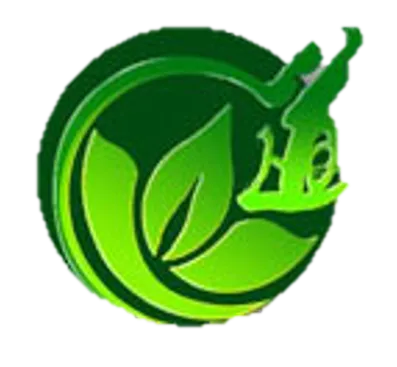Allergy
Allergy – A Traditional Chinese Medicine Perspective
Harmonizing the Wei Qi, Strengthening the Organs, and Calming Internal WindI
n Western medicine, allergies are described as an overreaction of the immune system to substances that are otherwise harmless—such as pollen, dust, food, or animal dander. In Traditional Chinese Medicine (TCM), allergies are not seen as a defect in the immune system, but as a sign that the body’s defensive energy (Wei Qi) is imbalanced or weakened, and that internal disharmonies are allowing external triggers to cause exaggerated responses.TCM classifies allergy-related conditions under various categories, such as:
Bi Yuan (鼻渊) – for allergic rhinitis or sinusitis
Feng Zhen (风疹) – for hives or skin rashes
Xian Ji (哮证) and Ke Sou (咳嗽) – for asthma or allergic cough
Shi Mian (失眠) or Shen Disturbance – for food-related or emotional reactions
Rather than suppressing symptoms, TCM aims to address the root pattern, strengthen the body's resistance, and regulate the affected organs, most often involving the Lung, Spleen, Kidney, and Liver systems.
🔹 Key TCM Concepts in Allergies
Wei Qi Deficiency: Wei Qi is the body's defensive energy. When weak—often due to Spleen or Lung deficiency—it fails to protect against Wind, Cold, Heat, and Damp from the environment.
Lung Imbalance: The Lung governs the skin and respiratory system. Lung Qi deficiency or invasion of Wind leads to sneezing, cough, nasal congestion, or skin issues.
Spleen Deficiency and Dampness: A weak Spleen creates internal Dampness and Phlegm, which obstruct normal Qi flow and can trigger allergies.
Kidney Deficiency: In chronic or inherited allergies, the Kidney system is often weak, failing to support Lung function or stabilize Wei Qi.
Liver Qi Stagnation or Liver Fire: Emotional stress can disturb the Liver, leading to exaggerated reactions and inflammation—especially in skin and digestive allergies.
🔹 Common TCM Patterns and Treatment Strategies
✅ Wind-Cold or Wind-Heat Invading the Lungs (Acute Respiratory Allergies)
Symptoms: Sneezing, itchy nose, nasal congestion, clear or yellow discharge, watery eyes
Treatment Principle: Expel Wind, open nasal passages, support Lung Qi
✅ Lung and Spleen Qi Deficiency (Chronic Allergies or Asthma)
Symptoms: Weak immunity, frequent colds or allergies, fatigue, spontaneous sweating, shortness of breath
Treatment Principle: Tonify Lung and Spleen Qi, stabilize Wei Qi
✅ Spleen Deficiency with Dampness (Skin or Food Allergies)
Symptoms: Bloating, loose stool, heaviness, fatigue, eczema or hives worsened by food
Treatment Principle: Strengthen Spleen, drain Damp, harmonize digestion
✅ Kidney Deficiency (Chronic or Inherited Allergies, especially Asthma)
Symptoms: Chronic wheezing, low back weakness, night sweats, fatigue, long-term allergy history
Treatment Principle: Tonify Kidney, grasp Qi, support Lung
✅ Liver Qi Stagnation with Heat (Emotional Triggers, Skin Flare-Ups)
Symptoms: Hives, eczema, emotional sensitivity, digestive symptoms triggered by stress
Treatment Principle: Soothe Liver, regulate Qi, clear Heat
🔹 Additional Therapies
Acupuncture: Regulates Qi, strengthens immunity, reduces inflammation, and calms hypersensitivity
Cupping or Gua Sha: Useful in cases of Wind invasion or muscle tension around the neck and shoulders
Moxibustion: Especially helpful for chronic deficiencies of Lung, Spleen, or Kidney Yang
Dietary therapy:Avoid dairy, sugar, greasy foods, and cold/raw foods (which promote Damp and Phlegm)Eat warm, cooked, and nourishing meals Include immune-boosting foods like ginger, garlic, and Chinese yam
✅ Conclusion
In Traditional Chinese Medicine, allergies reflect a weakened defense system and internal imbalances, rather than a hyperactive immune system alone. By identifying the underlying root pattern—whether it's Wei Qi deficiency, Damp-Heat, or Liver imbalance—TCM aims to treat the whole person, not just the allergic reaction.Through personalized herbal formulas, acupuncture, lifestyle support, and dietary therapy, TCM offers a natural, long-term approach to reducing allergic sensitivity, preventing recurrence, and strengthening overall vitality.
